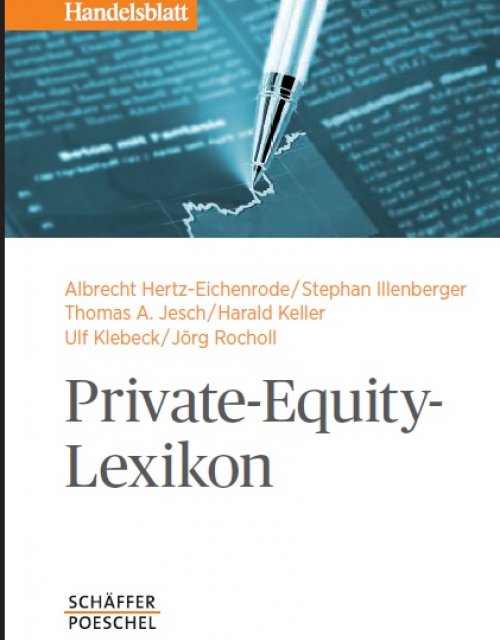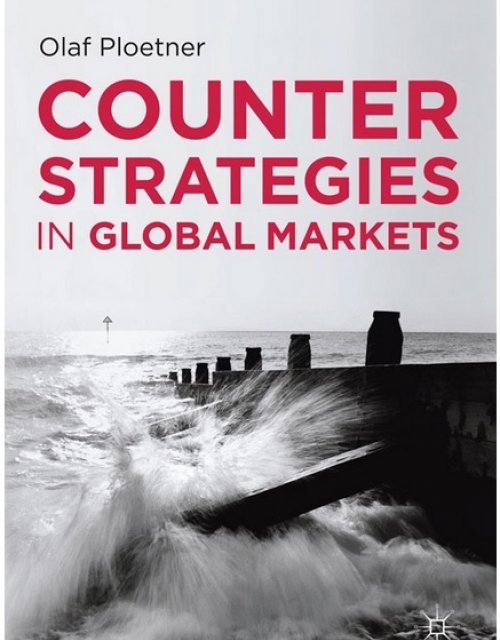Publication records
Subject(s)
Human resources management/organizational behavior
Keyword(s)
HR, people advantage
Volume
4
Journal Pages
58–60
Subject(s)
Strategy and general management
Keyword(s)
CSR, stakeholders, employees, diversity
Volume
31
Journal Pages
1–4
Subject(s)
Strategy and general management
Keyword(s)
Sustainability, CSR, stakeholder
Volume
1
Journal Pages
14–16
Subject(s)
Economics, politics and business environment
Keyword(s)
market definition, shopping centre, externalities, characteristics approach
Volume
7
Journal Pages
421–431
Subject(s)
Human resources management/organizational behavior
Keyword(s)
talent management, management development, leadership pipeline, developing from within, hiring from outside, talent retention, high potential, psychological contract, re-engineering, restructuring, economic crisis, low growth market
The case describes the challenges faced at BestCar Bank with respect to talent management and leadership development in the context of a difficult business environment, low-growth markets, and fundamental organizational changes. BestCar Bank is an automotive financial services provider, part of one of the Germany's most premium car manufacturers. After years of high growth and internationalization, the company is finding only limited growth opportunities in the developed countries of the Western World. The management attention has shifted to re-engineering initiatives to make the organization lean and efficient. The economic crisis has increased the pressure to reduce costs and increase efficiency. Despite a state-of-the-art talent management, BestCar Bank faces increasing difficulties in retaining and developing talent. The case can be used to facilitate a discussion and exchange on questions such as - how talent management can be adapted to a changing environment, - what driving and restraining forces influence the success of talent management, - how the link between strategy, change, and talent management can be re-established, - and how a modern management development today can look like.
| buy now |
Subject(s)
Human resources management/organizational behavior
Keyword(s)
Women leaders, identity interference, collective self-esteem, well-being, motivation to lead, leader development, organizational demography
We explore the antecedents and consequences of women leaders' identity interference related to the perceived conflict between their roles as both women and leaders. Drawing on identity development and organizational demography research, we propose that leadership experience reduces women leaders' identity interference, whereas women's numerical underrepresentation in organizations exacerbates it. Moreover, we hypothesize that identity processes related to collective self-esteem—personal regard for one's collective identity and the perception of others' views of it—mediate these effects. A sample of 722 women leaders representing a diverse range of countries and industries supported our hypotheses. We also demonstrate that identity interference reduces the psychological well-being of women leaders and undermines their affective motivation to lead. In contrast, perceived conflict between leader and female identities enhances women's sense of duty to assume leadership roles. Importantly, women leaders' personal regard for their female identity buffers the detrimental effect of identity interference on life satisfaction. We discuss the implications of our results for women's advancement in organizations and the development of their identity as leaders.
View all ESMT Working Papers in the ESMT Working Paper Series here. ESMT Working Papers are also available via SSRN, RePEc, EconStor, and the German National Library (DNB).
Pages
58
ISSN (Print)
1866–3494
Subject(s)
Strategy and general management
Keyword(s)
sustainability, CSR, stakeholder
Volume
11/12
Journal Pages
48–50
Subject(s)
Finance, accounting and corporate governance
Keyword(s)
Private equity
"What effects has the so-called subprime crisis had on private equity transactions? What exactly is recapitalization and how can it be put in practice? Is private equity economically useful? The current debate provides plenty of questions about this industry, which is still in its infancy in Germany. The Private Equity Lexicon seeks to answer these questions and is also meant to be a comprehensive reference book for practitioners. Economic issues are therefore looked at from a legal and a fiscal perspective. The Private Equity Lexicon has been written to enable easy access to the wide range of pertinent topics and it also provides the reader with recommendations for further reading."
Pages
252
ISBN
978-3-7910-2666-4
Subject(s)
Technology, R&D management
Keyword(s)
technology markets, B2B
Counter Strategies explores the situation of technology-based companies in global B2B markets. New customer segments in these fast developing economies and up-coming low-cost competitors have ruptured the market landscape and challenge established suppliers. To keep their leading role, companies like Siemens, GE, Alstom, Mitsubishi, as well as many mid-sized companies in the developed countries, need to change the very characteristics -- product focus, technical sophistication, and high-end quality -- that previously made them strong. They either have to develop new products that fit the growing demand of the new customer segments or create market barriers by developing complex service solutions, or both. Given the problems regarding product development, pricing, branding, sales-force management, development of employees' skills, company organization and culture which are going to follow these changes and disruptions, Ploetner draws a new blueprint for global B2B-companies and the mindsets of those thriving there.
Pages
170
ISBN
978-0230301313
Subject(s)
Economics, politics and business environment
Keyword(s)
primary school enrollment, school lunches, natural experiment, ITT
At the end of 2001, the Indian Supreme Court issued a directive ordering states to institute school lunches – known locally as "midday meals" – in government primary schools. This paper provides a large-scale assessment of the enrollment effects of India's midday meal scheme, which offers warm lunches, free of cost, to 120 million primary school children across India and is the largest school feeding program in the world. To isolate the causal effect of the policy, we make use of staggered implementation across Indian states in government but not private schools. Using a panel data set of almost 500,000 schools observed annually from 2002 to 2004, we find that midday meals result in substantial increases in primary school enrollment, driven by early primary school responses to the program. Our results are robust to a wide range of specification tests.
View all ESMT Working Papers in the ESMT Working Paper Series here. ESMT Working Papers are also available via SSRN, RePEc, EconStor, and the German National Library (DNB).
Pages
46
ISSN (Print)
1866–3494

